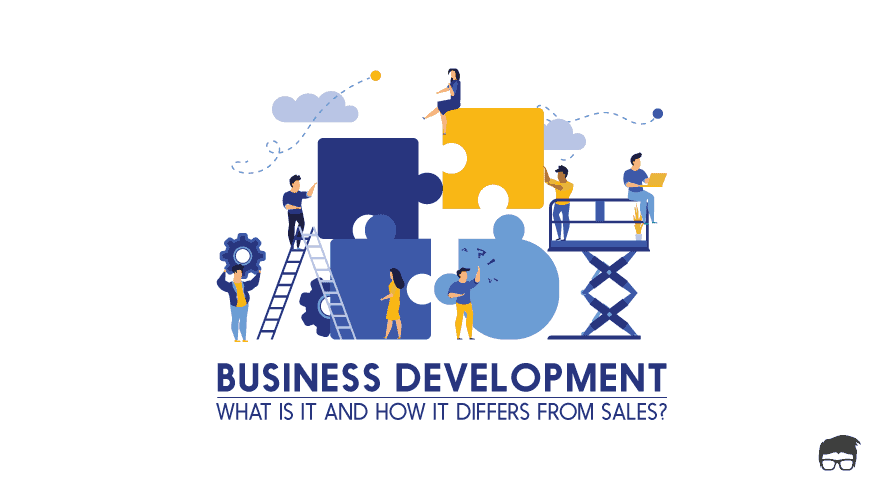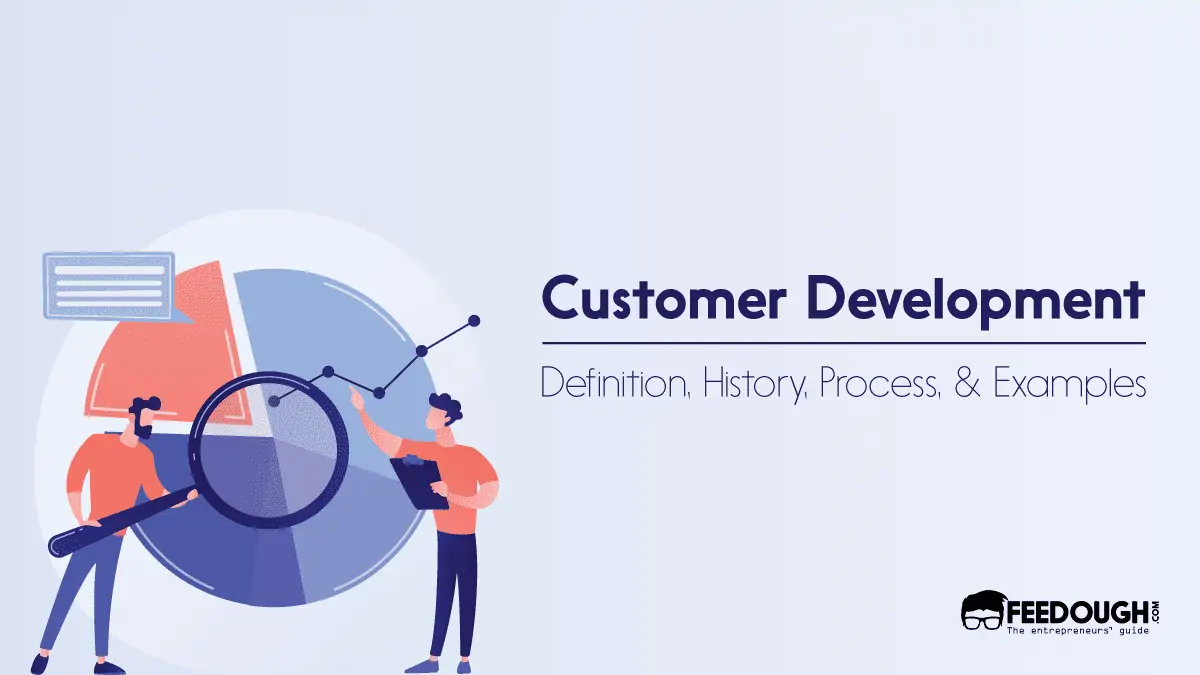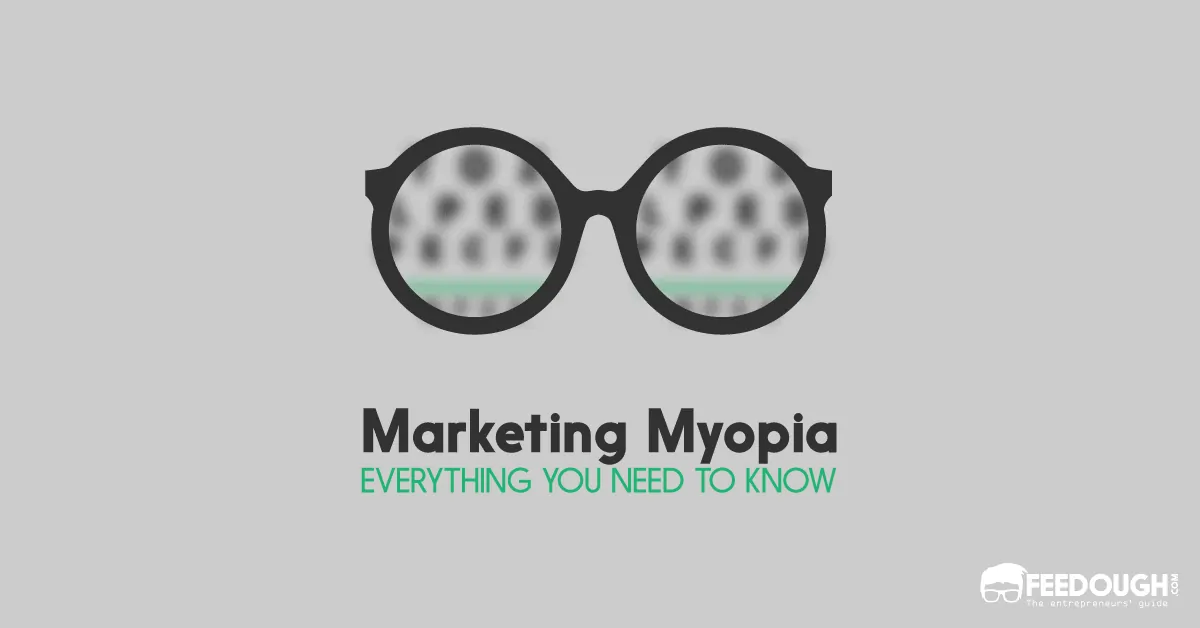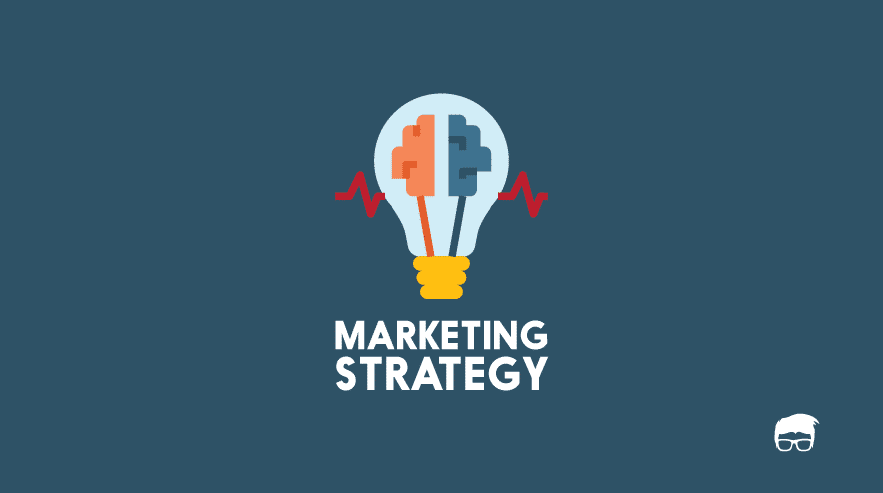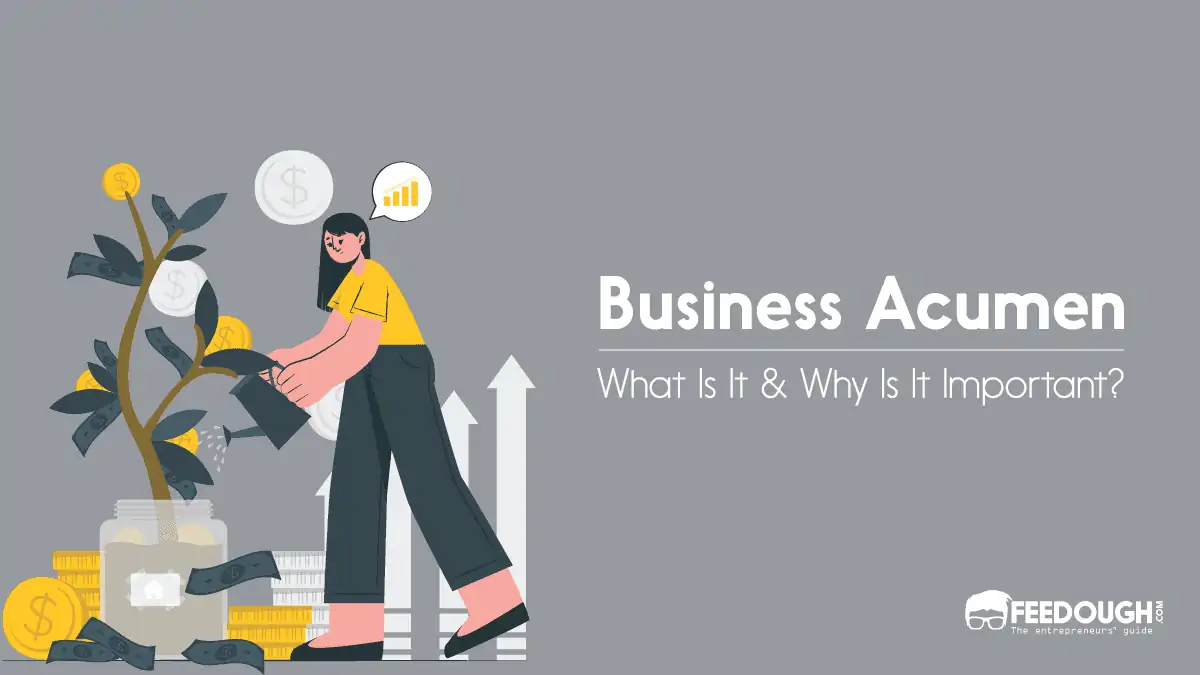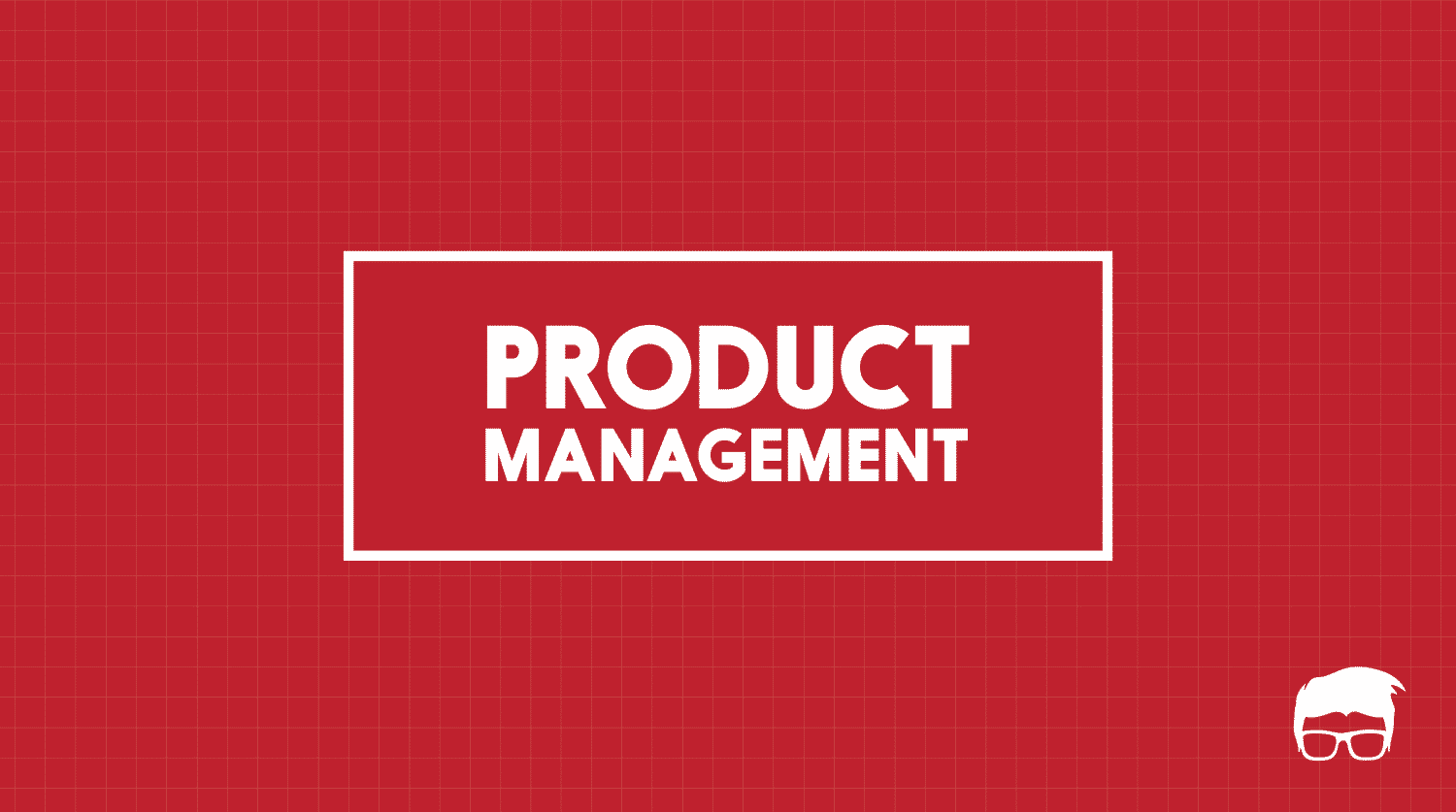Sales isn’t the only factor which results in the growth of the business in the long run. In fact, sales is often considered to fulfil short-term goals which when combined together helps to move towards the long term vision of the company.
So, what exactly helps the business create a long term value for itself in the market?
It’s business development.
What Is Business Development?
Business development is the creation of long term value for a business through the development of relationships, markets and customers.
It doesn’t involve a single instruction but a series of post and prior steps which ensure that everything falls in place. Moreover, the steps involved in business development differs from organization to organization.
Certain companies try and flung certain steps in order to speed up the business development process and others ensure proper delivery by following a strict step manual.
- Exploring or identifying opportunities/loopholes
- Establish an end goal to be achieved via this plan
- Analyze and record information associated with the plan
- Design a strategy to meet the goal, mentioning the ideal period
- Linking the plan with various stakeholders to divide responsibility
Mostly, the goals fall under these three categories –
- Customers: Finding new customers and extracting more value from the existing ones.
- Markets: Finding new markets where the business can tap into.
- Relationships: Building profitable relationships and leveraging the existing ones with key stakeholders of the businesses.
Business Development vs Sales
Business development and sales might collide at some corner because of their alignment for the completion of the job. But, both of these are extremely different from each other in the sense that business development is a long term activity focused on the growth of the business. By establishing relationships with various sectors, it helps in establishing a qualitative relationship. The business development team bands together with the decision-makers to formulate the strategy.
Sales, on the other hand, is more inclined towards meeting short term goals which are quantitatively mentioned. As such, the sales department works under the decision-makers and only focuses on achieving the numbers mentioned by them.
Essence
The sales department is inherently transactional whereas the business development team focuses on the relational aspect of the entity.
Focal Point
The focal point of the sales team is the final customer who pays for the product or service. Business developers, on the other hand, takes into consideration all the prospective stakeholders of the company.
Operation
The basic operation of the sales department is to increase sales whereas the business development team as a whole believes in formulating plans and solutions for various problems of the entity.
End Goal
The end goal of the sales team is to increase sales. The business developer focuses on the long term objective of promoting the business and facilitating its growth.
Now that we are aware of the difference between these two, let us understand what are the different strategies of business development and which one is the perfect one.
Business Development | Sales | |
|---|---|---|
Definition | Creation of long term value for a business through the development of relationships, markets and customers. | Process which results in a transaction between two or more parties in which the buyer(s) receive the offering and seller(s) get something of value in return which is usually money. |
Essence | Rational | Transactional |
Focal Point | All the prospective stakeholders of the company | Final Customers |
Time Horizon | Long Term | Short Term |
Goal | Creation of long term value (business expansion) | More Conversions |
Importance Of Business Development
Business development focuses on building relationships with various stakeholders of the company. These include the customers, investors or even the workers. It helps in directing all activities towards the goal of reaching out to the requisite customers.
By creating such proper coordination amongst various departments, BD helps in avoiding dual workmanship and scuffle arising out of misunderstanding. As such, business development instils coordination in the organization, which helps in the successful completion of every other objective.
Helps Fulfil Long Term Business Goals
Business development focuses on all the important aspects which are important for a company to grow and fulfil its long term business goals like business expansion, increasing market share, reducing expenses, increasing brand equity etc.
Helps In Saving Time And Effort
Time and resources are crucial for the success of any business. Without a proper business development team, duplication of efforts and wastage of time is unavoidable.
Helps In Keeping Ahead Of Competitors
Business development identifies the various loopholes in the competitor’s strategy and develops a strategy to have a competitive advantage over other players.
Helps In Being Prepared For Any External Shock
Business development plans recognize the uncertainty of external shocks born outsources outside the control of the business. An eleventh-hour plan is always figured out to absorb such shocks.
Overall, Business development plays a key role in saving time, the effort of the workforce involved in the process.
Bottom-Line?
Business development forms an important part of any business, whether it a startup or a well established growing business entity. Companies must entertain their ideas and resort to discussions whenever there is a requirement. However, neglect of a business developer’s ideas can prove to be distasteful for the firm in the longer run.
Go On, Tell Us What You Think!
Did we miss something? Come on! Tell us what you think about our article on business development in the comments section.
A startup analyst who believes that every big project is the result of numerous small efforts that go into the way. Giving anything below 100% is a huge setback to my natural capabilities.
